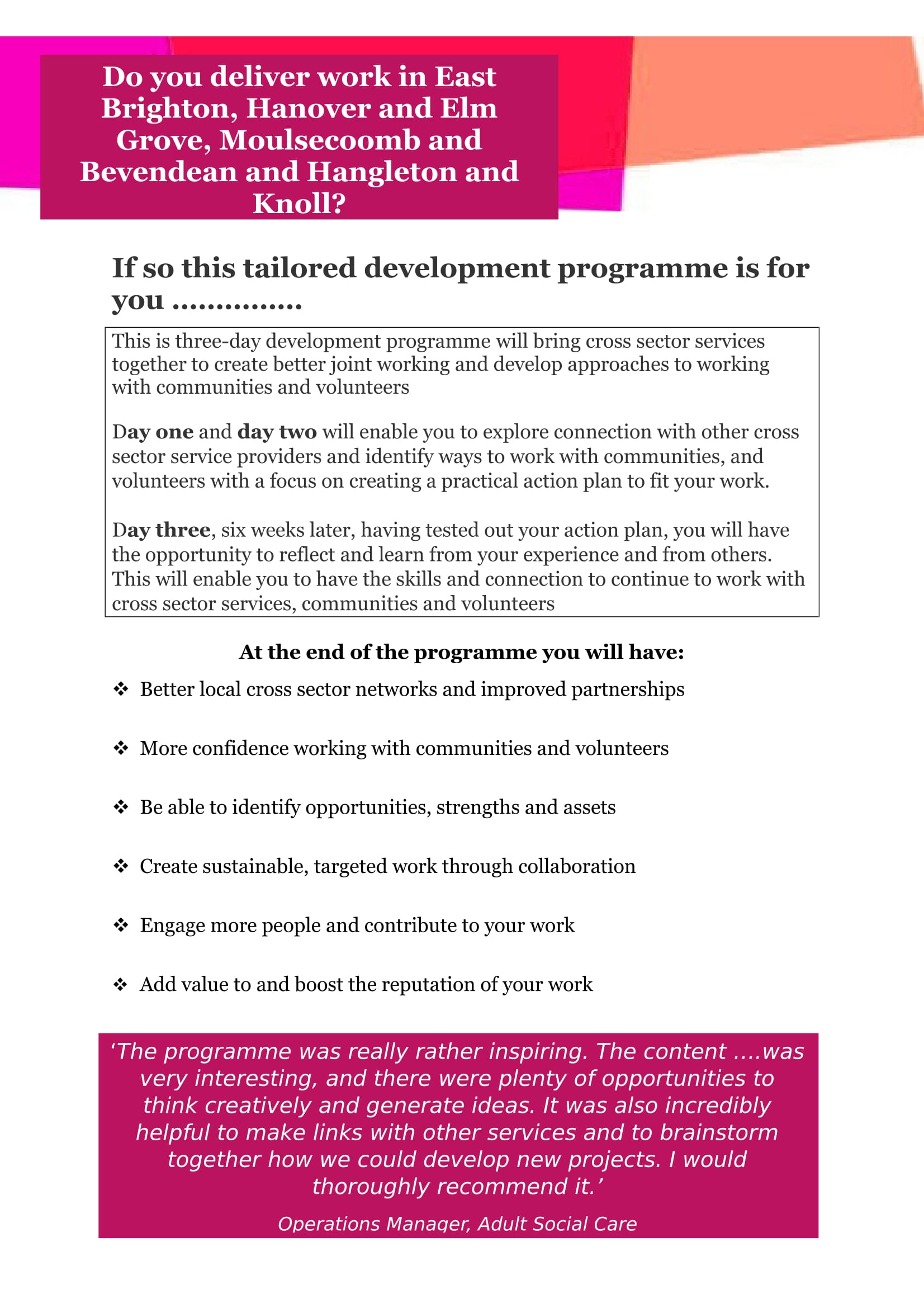Low-Income community development loaning makes communities more secure

Neighborhood development investing is a kind of land-buying where a company or company makes investments in local realty and, in return, gets revenues. This might be done by purchasing low-income or low-upkeep houses in areas where there is little advancement potential, and then establishes them into attractive realty portfolios. The purpose of this idea is to stimulate the regional economy by using feasible financial investments for future property owners, offering jobs and training, and boosting educational opportunities.
What are the various methods of community advancement lending? One method is through financial investment loans. These loans are protected by a debtor's promise to pay back a specific quantity, in a specific amount of time, to pay off a debt. More about the author can either be utilized for general restorations or for any house purchase.
Another common form of community development loaning is through tax-exempt bonds. The interest on these kinds of loans is exempt from income tax. This is likewise another choice available for those who do not receive routine FHA (Federal Housing Administration) or private mortgage insurance coverage. These types of loans might not cover some house repairs or maintenance and may only offer financing for a particular number of years.

There are numerous neighborhood development lending programs that are offered by the United States federal government, particularly in the kind of Habitat Investment grants. The Federal Housing Administration and the Department of Agriculture offers funds for healthy areas, and likewise for low-income and minority locations. When it comes to healthy neighborhoods, these funds are utilized to spend for the expense of maintaining a variety of centers, consisting of schools, play grounds, neighborhood centers, and budget-friendly housing developments. For web -income and minority locations, these funds are utilized to create economic development partnerships, enhance access to main and secondary schools, and assist construct or fix up low-income housing.
Neighborhoods can likewise get federal funds through the Home Mortgage Disclosure Act (H MDDA), likewise called the SMEDA. The Home Mortgage Disclosure Act likewise covers the loan process for various community development loaning programs. For instance, it requires banks to disclose the kind of residential or commercial property they are offering, such as single-family homes, duplexes, multi-unit homes, condominiums, town houses, and mobile houses to their debtors. It requires the banks to list the details of any financing choices readily available to a customer, such as FHA, business, and home mortgage.
Another option for funding small company lending is through the LMI Geology program. LMI Geology provides funding for a range of tasks, including environmental removal of polluted soil, geotechnical surveys and design, construction and materials management of ecologically contaminated land, in addition to public works tasks connected to tourism, education, health care, and other kinds of commerce. A common job might be connected to the clean-up of polluted soil or to the design and application of a neighborhood development plan. In general, community development loans may include LMI location, a loaning program that helps property owners in purchasing budget friendly multifamily real estate situated within walking distance to task centers, stores, churches, services, government workplaces, schools, and other important structures in the community.
Community advancement loans are typically secured with home mortgages and/or tax liens. The loans can likewise be unsecured, which is uncommon. The terms may differ from one loan provider to another. For the most part, neighborhood advancement lending involves a dedication from the debtor to repay the cash obtained in a specified amount of time. Usually, a single-family home loan providing business will not require a lot of down payment cash, as most residential or commercial properties are priced for a resale.
Community advancement organizations can be contacted to learn about available funds. Some lenders are experienced in this business, while others focus on this field. In either case, financial institutions such as banks and credit unions may be of aid in discovering the ideal type of loan for the needs of a particular individual or group. The rate of interest provided for these loans may vary from one company to the next. The majority of financial institutions will work carefully with neighborhood advancement groups to find the finest possible loan option. With the best financing and accountable loaning, neighborhood advancement groups can do terrific things for the local economy.
